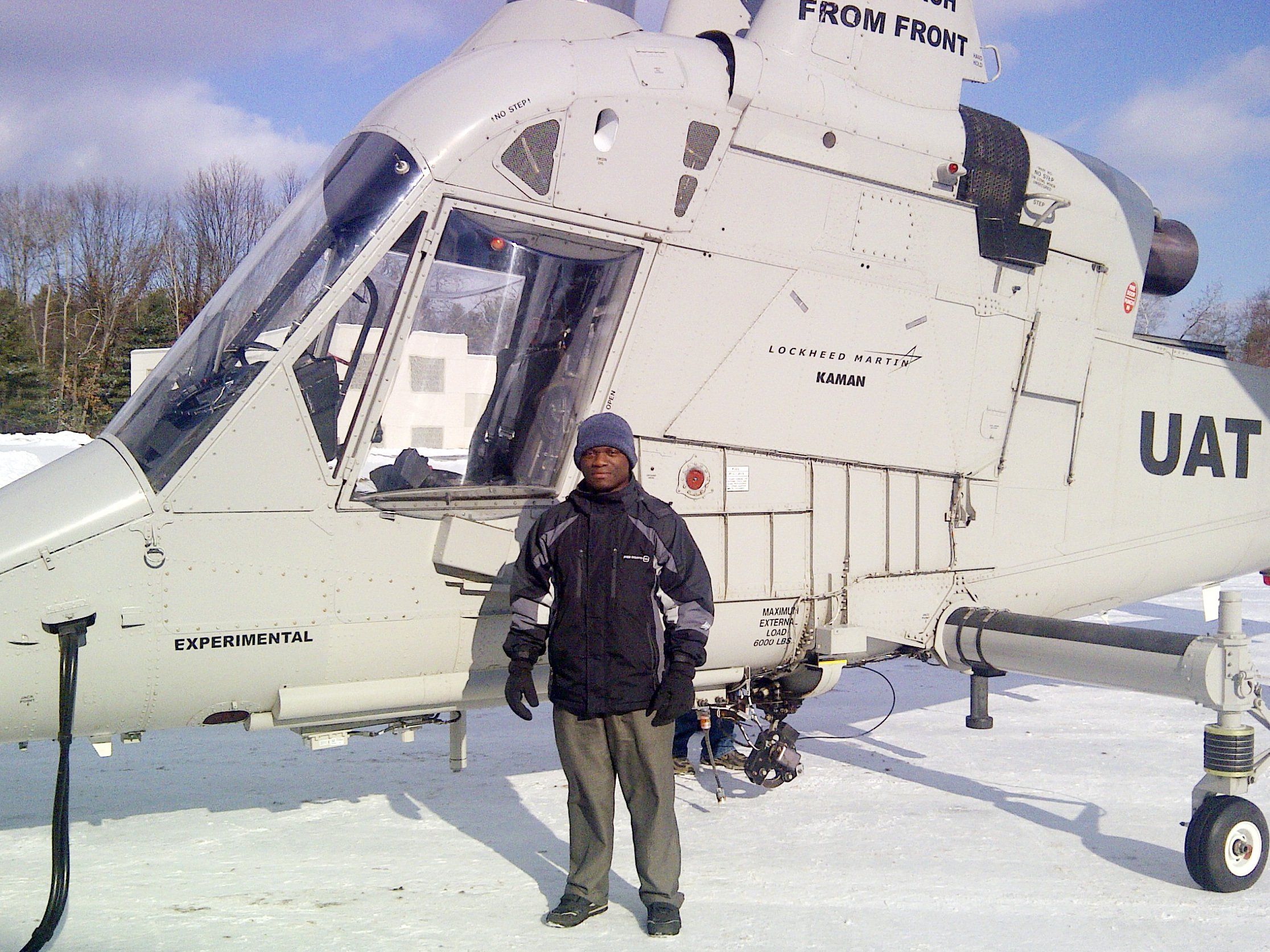This is part of IEEE Spectrum's Special Report: The Day Analog TV Dies
People frustrated by their struggles to convert to digital television often decide to simply give up and subscribe to cable. But I hate to say, going to cable doesn’t always help.
Here in northern Nevada our cable provider offers standard analog television and also digital television. With the digital, you are promised four different PBS channels, a channel with old-time TV shows, and lots of other interesting stuff. The local provider charges more for this service (even though, as we all know, the reason for going digital is not quality but to cram more channels into a given spectrum), and on top of that seeks to rent you a converter for each television. In spite of the additional charges, I signed on for digital cable.
But there was a problem. It turns out that the digital signal is severely compromised by the cable installation. We get perfectly clear analog signals, but the digital stuff comes in blocky or not at all (some of the pictures were reminiscent of satellite television in a severe rainstorm).
The problem, most likely, is the cable network. Here in Nevada, they put the cable from the street in a conduit, but then the conduit invariably fills up with water. When we lived in Southern California, we found that they simply buried the cable in the dirt. You get an equivalently poor result either way.
We took the converter back to the cable provider and noticed a long line of people returning theirs. The representative did not question us when we said, ”It simply doesn’t work.”
Now the local cable provider is seeking to move several popular channels to digital only. Guess we’ll have to spend more time in the library.
To Probe Further
For more articles and special features, go to IEEE Spectrum's Special Report: The Day Analog TV Dies.
